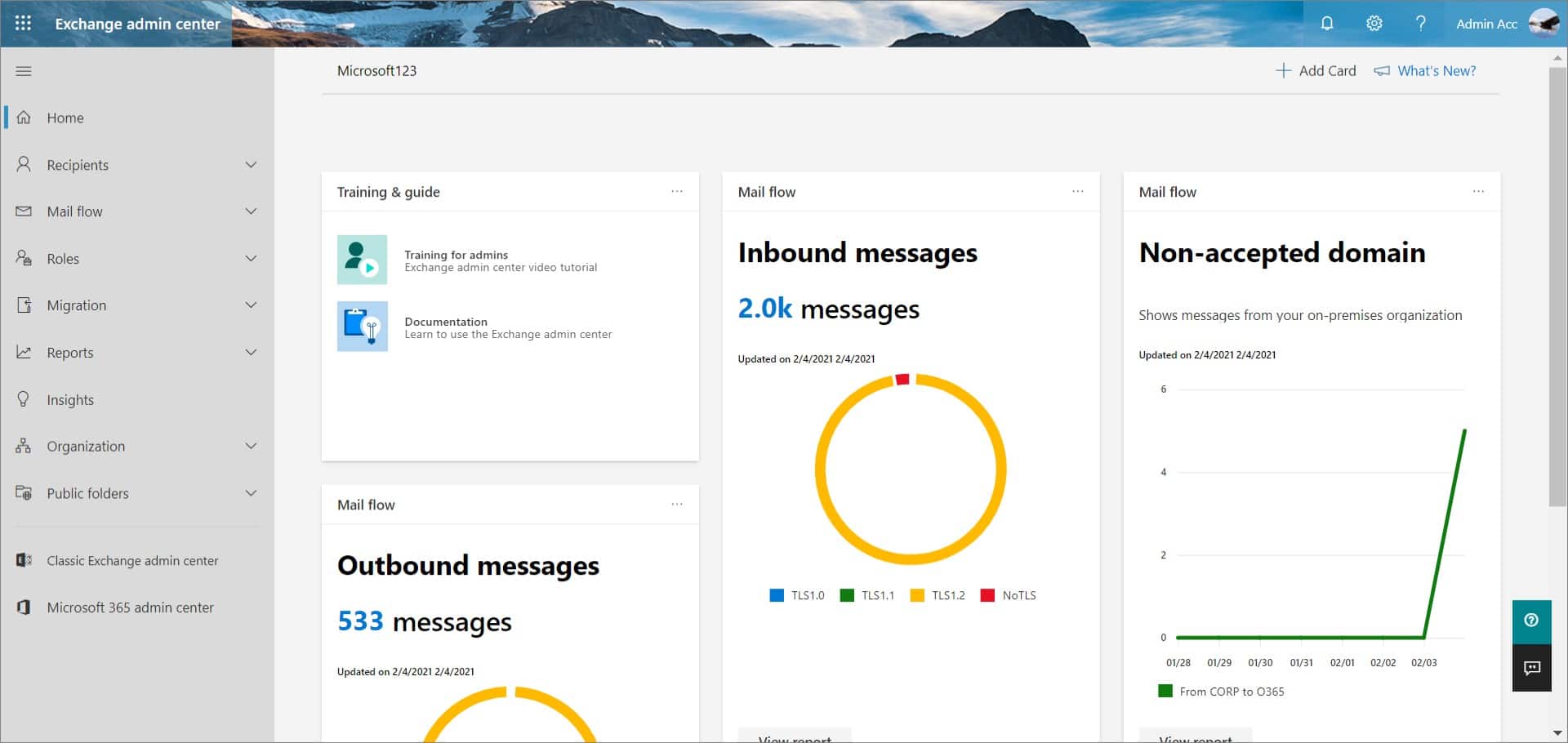As Microsoft Teams becomes an integral part of daily business communication, ensuring that your data is backed up and protected is crucial.
Unlike traditional systems, Microsoft Teams backup does not offer a conventional backup feature, which raises the question—how can you effectively back up your Teams data?
In this guide, we’ll explore various methods to safeguard your Microsoft Teams data, covering everything from chats to files shared in conversations, including the latest updates and features.
Let’s dive into the step-by-step process of setting up a reliable Microsoft Teams backup strategy.
Key Data to Back up in Microsoft Teams
When considering what needs to be backed up in Microsoft Teams, two primary areas come to mind:
- 1:1 and Group Chats & Shared Files
- Teams Conversations & Files
Exploring Backup Options for Microsoft Teams
There are several approaches to Microsoft Teams backup, each with its own advantages and considerations.
Backup Using Third-Party Software (AvePoint, CodeTwo)
One of the simplest ways to back up your Microsoft Teams data is by utilizing third-party software solutions such as AvePoint or CodeTwo. These tools offer comprehensive backup options, allowing you to automatically back up your Teams data, including chats, files, and other essential information. However, this convenience comes at a cost, and organizations must evaluate whether this investment aligns with their budget and needs.
Using Microsoft 365 Compliance and Retention Features
Microsoft 365 offers built-in compliance and retention features that, while not traditional backups, can serve to protect your data effectively. With the evolution of Microsoft’s services, some new tools and features have been introduced to enhance data management.
1:1 and Group Chats & Files Shared
Microsoft Teams stores all 1:1 and group chat messages within the user’s Exchange Online mailbox, specifically in hidden folders. For channel conversations, the messages are stored in the corresponding Office 365 Group mailbox.
To safeguard these messages:

- Litigation Hold and In-Place Hold: By placing mailboxes under litigation or in-place hold via the Exchange Admin Center, you ensure that deleted messages are preserved. This protection can be configured for a specific period or indefinitely.
- eDiscovery and Enhanced eDiscovery (Premium): Utilize the eDiscovery Center within the Microsoft Purview Compliance Manager (formerly Compliance Center) to search, hold, and export data as needed. Microsoft has enhanced its eDiscovery tools, particularly in the Premium version, offering more robust data search, analysis, and export capabilities across Teams data.

Teams Conversations and Files
When files are shared within Teams chats or channels, they are stored in OneDrive for Business or SharePoint Online, respectively.
- File Storage and Retention:
- OneDrive for Business: Files shared in 1:1 chats are stored in the "Microsoft Teams Chat Files" folder in OneDrive.
- SharePoint Online: Files shared in channel conversations are stored within the channel's folder in SharePoint's document library.

- Retention Policies:
- Recycle Bin Retention: Deleted files in OneDrive are retained for 93 days in the Recycle Bin. SharePoint files also follow this retention period unless the quota is exceeded.
- Preservation Hold Library: Files subject to retention policies are copied to this library, where they are protected from deletion, ensuring compliance with organizational policies.
- Configuration of Retention Periods and Auto-Labeling: Microsoft 365 now offers auto-labeling capabilities that automatically apply retention labels based on content type, sensitivity, and other criteria. This simplifies the process of ensuring that Teams data is retained appropriately. Retention policies in Office 365 can be customized to hold items for specific periods, ensuring data remains accessible as long as necessary. However, these policies are not equivalent to backups, as they retain items based on their creation or modification date.
Emerging Backup Solutions and API Enhancements for Microsoft Teams Backup
Microsoft 365 Backup Solution
Recognizing the growing need for native backup solutions, Microsoft is in the process of developing its own backup solution within Microsoft 365, which is currently in preview for select organizations. This upcoming feature is set to offer integrated backup capabilities across Microsoft 365 services, including Teams. While still in development, this solution promises to provide a more seamless and cost-effective backup strategy directly within the Microsoft ecosystem.
New Data Export API
Microsoft has introduced new API endpoints that streamline the process of exporting Teams data. These APIs can be utilized for backups or integration with third-party backup solutions, providing greater flexibility and control over how your data is managed and stored.
Advanced Security and Compliance Tools
Microsoft Purview Compliance Manager
With the rebranding of the Compliance Center to Microsoft Purview Compliance Manager, Microsoft has introduced enhanced features for managing compliance across its services, including Teams. This tool is critical in setting up retention policies, managing eDiscovery, and ensuring that your data meets regulatory requirements.
Improved Security Features
In addition to data backup and retention, Microsoft has rolled out new security features within Teams. These include more granular controls over data access and security, such as Conditional Access policies, Information Barriers, and Advanced Threat Protection, ensuring that Teams data is not only backed up but also protected against unauthorized access and cyber threats.
Integration with Microsoft Syntex
Microsoft Syntex, an AI-based content processing tool, can be integrated with SharePoint and Teams to enhance document management and ensure that critical files are backed up and retained according to organizational policies. Syntex automates content classification, making it easier to manage and protect Teams data effectively.
Restricting Accidental Deletion
While not a traditional backup method, restricting accidental deletion can significantly reduce the risk of losing critical data.
Restricting Chat Deletion
To prevent users from accidentally deleting important chats:
- Microsoft Teams Admin Center: Navigate to the Teams Admin Center and modify the messaging policies. Disable the ability for users to delete messages, ensuring all communication remains intact.

Restricting File Deletion
To control file deletion in Teams:
- Custom Permission Roles in SharePoint:
- Create a New Permission Role: Go to SharePoint site permissions under advanced settings and create a custom role that excludes delete permissions.
- Assign the Role: Apply this role to the relevant document libraries or folders, ensuring that users cannot delete files accidentally.

Final Thoughts
Backing up Microsoft Teams data requires a multi-faceted approach that combines third-party solutions with the latest built-in Microsoft 365 compliance, retention, and security features. By carefully configuring these tools and policies, organizations can ensure their Teams data is secure, compliant, and recoverable in case of accidental deletion or other unforeseen circumstances. Keep an eye on emerging features like the Microsoft 365 Backup Solution, as these will further simplify and enhance your backup strategy in the near future.
Don't leave your critical business communications and files vulnerable. Ensure your Microsoft Teams data is backed up and secure with a comprehensive strategy tailored to your needs. At Communication Square, we specialize in safeguarding your digital workspace, so you can focus on what matters most—your business.
Book a strategy meeting with us today to discover how we can help you implement the best backup solutions for Microsoft Teams. Let’s secure your data together!
Last Updated 8 months ago
